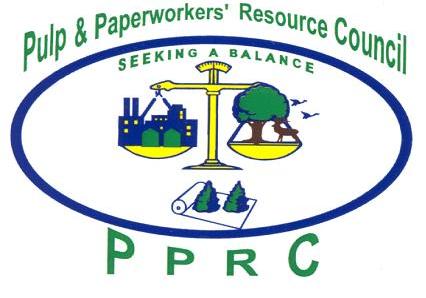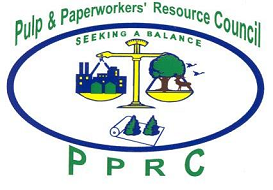Concerned about global temperatures, Washington is phasing out electricity generated from coal – once the mainstay of, among many other applications, US Navy ship propulsion. Renewables such as wind, solar and, for Virginia especially, forest biomass (wood and byproducts derived from sustainable forest management and from paper and wood
At issue is a rulemaking in 2010 that suddenly and without public notice or proper scientific review reversed federal policy and regulated forest biomass the same as fossil fuels. Because of this radical departure and demands to modify the rule, the government put the rule on hold to study the science. Today—six years later and without a clear path forward—uncertainty remains for energy producers, forest owners and manufacturers that rely on forest biomass for energy. Building new facilities, retrofitting existing ones, and installing necessary emission control technologies dedicated to the fuel requires significant planning and investment. Washington’s policy paralysis has thrown an economic and environmental disincentive in the way of that essential investment.
The problem, the regulators say, is measuring the carbon impacts from forest biomass. However, the carbon benefits of woody biomass are well established, as 100 leading forestry scientists from around the U.S. have repeatedly stated in letters to the government. Those scientists cite the most comprehensive survey of peer-reviewed literature in their field concluding
In the U.S, the strong markets for wood products including biomass are why the volume of trees in our forests has
Washington’s indecision also may put U.S. policy at odds with the Paris Agreement on climate change, adopted last December. That global agreement underlines the importance of “positive incentives for … sustainable management of forests and enhancement of forest carbon stock.” It urges signers to “take action to implement and support” expansion of the global volume of trees.
Congress is working on solutions, but can it act before it adjourns? A Senate-passed energy bill provides a policy establishing the carbon benefits of forest biomass, and the Senate Interior Appropriations bill includes specific guidance on how to get that done. One way or the other, it is essential for Congress to put the US back in line with the global norm and affirm the carbon benefits of forest biomass.
Tens of thousands of Virginia jobs with manufacturing-level wages and the quality of our global environment are at stake. The international community continues to recognize that forest biomass energy is essential to a scientifically sustainable climate policy. It is time the United States did the same — again.



Leave a Reply